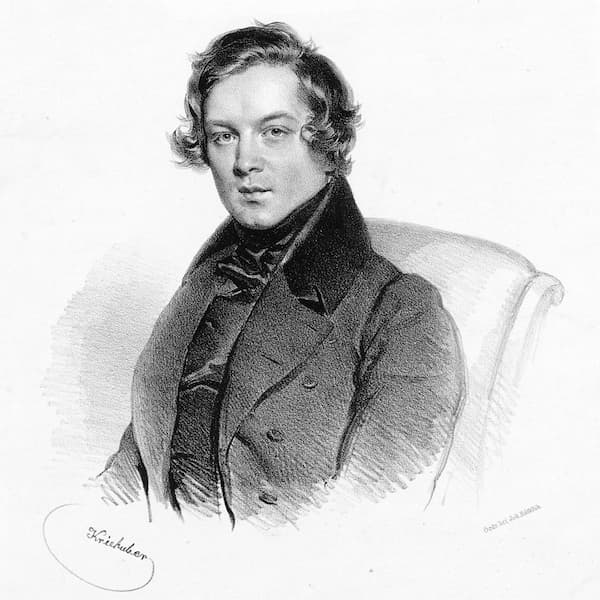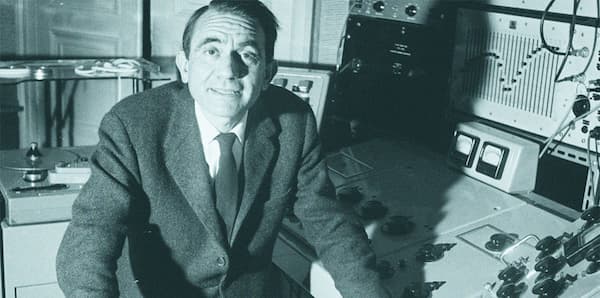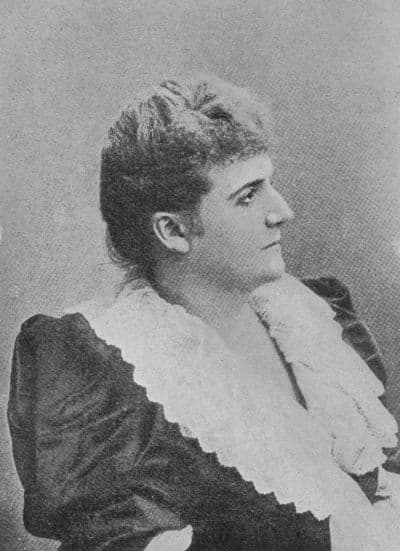 When you walk out onto the stage for a performance, audition, competition or jury do your thoughts go wild with self-doubt or do you exude confidence? Do you slink into your seat and look down at the instrument or do you walk with bold steps and sit proudly upright? When you adopt a pose of confidence or even visualize one research indicates that your self-assurance increases. “Fake it till you become it,” says Amy Cuddy. Her groundbreaking work “Power Poses,” is one of the most viewed TED talks.
When you walk out onto the stage for a performance, audition, competition or jury do your thoughts go wild with self-doubt or do you exude confidence? Do you slink into your seat and look down at the instrument or do you walk with bold steps and sit proudly upright? When you adopt a pose of confidence or even visualize one research indicates that your self-assurance increases. “Fake it till you become it,” says Amy Cuddy. Her groundbreaking work “Power Poses,” is one of the most viewed TED talks.
Cuddy asserts that “making yourself big,” by standing with your hands on your hips with your legs apart, or by extending your arms and legs wide, even for just two minutes before a meeting or job interview it changes our brains, “in ways that builds courage, reduces anxiety and inspires leadership. Let your body tell you you’re powerful and deserving and you become more present, enthusiastic and authentically yourself.”
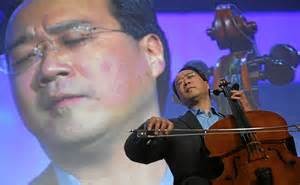 Cuddy, a social psychologist and associate professor at Harvard Business School, seems fragile. She is. She was thrown from a car during a car accident as a teenager and was told that she’d never walk again. Her brain injury caused serious challenges. Throughout her college years Cuddy felt like an imposter but she kept on pretending until she believed in herself. Our body language is often interpreted by others and can result in snap decisions about our competence and ability. What Cuddy discovered and subsequently researched is that our physical stance sends signals to our own brains and can erode self-confidence.
Cuddy, a social psychologist and associate professor at Harvard Business School, seems fragile. She is. She was thrown from a car during a car accident as a teenager and was told that she’d never walk again. Her brain injury caused serious challenges. Throughout her college years Cuddy felt like an imposter but she kept on pretending until she believed in herself. Our body language is often interpreted by others and can result in snap decisions about our competence and ability. What Cuddy discovered and subsequently researched is that our physical stance sends signals to our own brains and can erode self-confidence.
This theory has strong parallels and ramifications for musicians. I have long been a proponent of good posture at the instrument, to avoid stress on the body and to prevent injury and an essential part of our practice routine must include mental preparation. Performers like Yo Yo Ma, Maxim Vengerov and Yuja Wang and conductors like Gustavo Dudamel take it further. They come onstage with an aura that captivates. We call it charisma, allure or magnetism. How do some musicians exude these qualities and others don’t? These mesmerizing performers most certainly walk the walk of “Power Poses.”
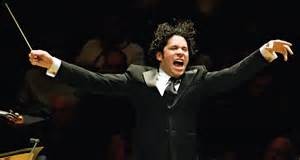 Pre-concert jitters are a fact of life. Cortisol, the stress hormone, is released as if we are going to battle! Our hearts race, our palms become sweaty and our breathing becomes shallow. Audiences sense this feeling of unease. These jitters often adversely affect our performance to the point that we “choke,” and the memory of these anxious moments affects future concerts. The impulse to run away, preferably to a desert island where no one will recognize us or remember our failure, is hard to resist!
Pre-concert jitters are a fact of life. Cortisol, the stress hormone, is released as if we are going to battle! Our hearts race, our palms become sweaty and our breathing becomes shallow. Audiences sense this feeling of unease. These jitters often adversely affect our performance to the point that we “choke,” and the memory of these anxious moments affects future concerts. The impulse to run away, preferably to a desert island where no one will recognize us or remember our failure, is hard to resist!
Sure, crazy things do happen. I remember a cellist who uses a ‘posture peg’ instead of the more traditional four black tuning pegs that protrude from the scroll of the cello. Some cellists find that the posture peg helps them keep their head upright. Tuning the lower strings is done with a key. The cellist had forgotten the key at home in another state and couldn’t tune his cello without it. His cello was terribly out of tune…. ARGHHHH! The major local music store was closed (it was the weekend) and none of us used the device. He had to borrow an unfamiliar instrument and try to keep his head up.
 Once, I got caught in a terrible traffic jam on my way to a chamber music performance of Mendelssohn Octet. The snow was falling in epic proportions. My heart raced as I drove as fast as I dared without skidding with my precious cello in the back seat of the car. When I got to the venue, I ditched the car as quickly as possible. The other performers were already gathered onstage. I had barely enough time to pull my cello out of the case and race onto the stage— not one note of preparation. Needless to say my mind went blank. The relief of getting there in one piece and miraculously on time suppressed all my pre-concert nerves. The trick was to walk out composed and serene as if the plan had been that I make a grand entrance.
Once, I got caught in a terrible traffic jam on my way to a chamber music performance of Mendelssohn Octet. The snow was falling in epic proportions. My heart raced as I drove as fast as I dared without skidding with my precious cello in the back seat of the car. When I got to the venue, I ditched the car as quickly as possible. The other performers were already gathered onstage. I had barely enough time to pull my cello out of the case and race onto the stage— not one note of preparation. Needless to say my mind went blank. The relief of getting there in one piece and miraculously on time suppressed all my pre-concert nerves. The trick was to walk out composed and serene as if the plan had been that I make a grand entrance.
Your brain believes what you tell it. More of us learn to silence that negative chatterbox in our heads but it’s important to know that your body language will also signal your brain. Instead of shrinking physically— by raising your shoulders or collapsing your torso forward, crossing your arms, or ankles, or lowering your head, try two minutes of “making yourself big. “ Lengthen your limbs, straiten your back, lower your shoulders, raise your head, take big strides, and place a hand on your hips if you can carry your instrument at the same time. Try to look energized. Smile. If you add these moves to your pre-concert routine they can subconsciously inspire confidence.
A few moments of “Power Poses” may help you believe that you can and will mesmerize the audience, and successfully reach them in the way you had intended all along.
Amy Cuddy TED Talk
Mendelssohn Octet

